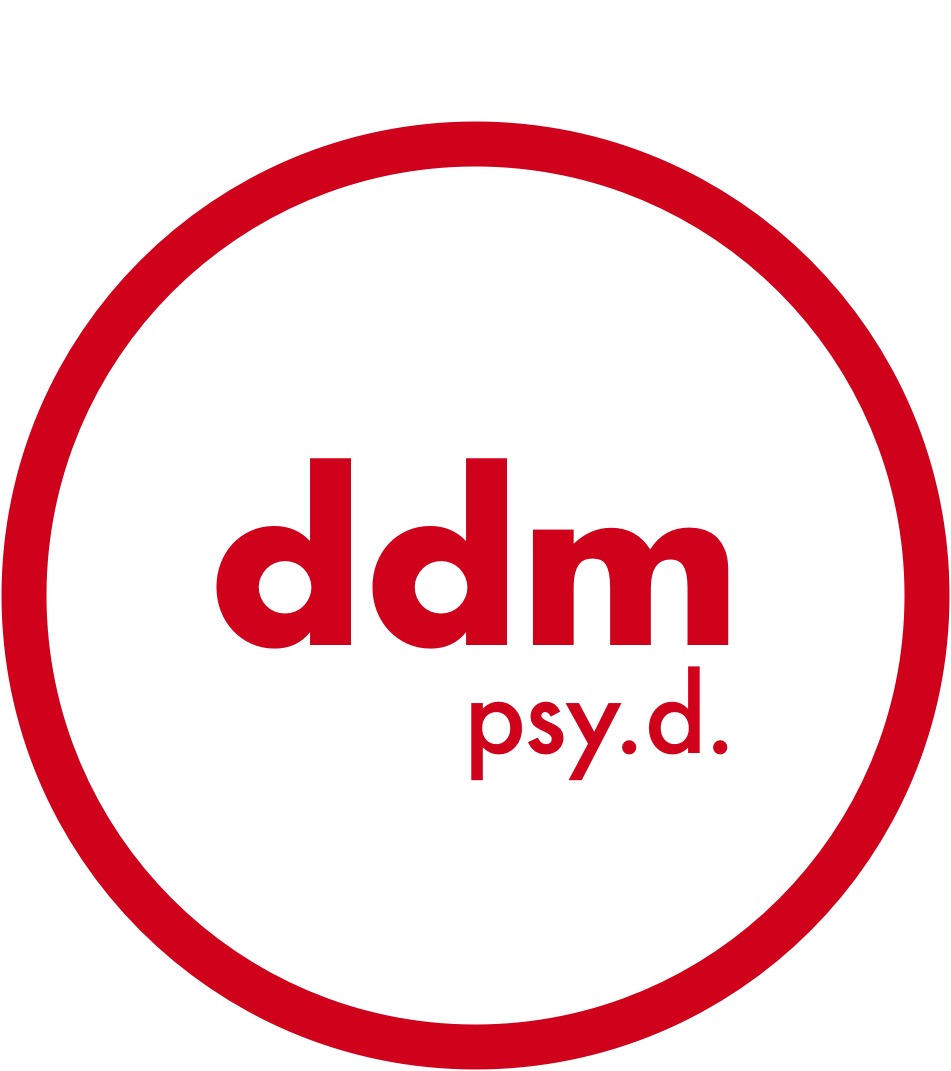it’s been a month since the tragic mass murder at a colorado movie theater during the midnight release of “the dark night rises.” 12 families are 30 days into grieving their loved ones and 57 others are helping shooting victims regain a new sense of normalcy.
summer is coming to a close. pencils and binders fill store shelves and the cavalcade of new releases at the movie theater have slowed down. we’re heading into fall. people have final vacations to take and school years to ready themselves for. movie theaters aren’t where folks spend the last few weeks of summer. looking at the revenues from this years’ june and july block busters, however, our theaters were busy these last couple of months. when you look at the list of films that brought in droves of viewers it seems as though our fascination with violence has not waned from previous years. violence sells. so does murder.
some will argue with me, “it’s not violence that we crave. it’s action. just adrenaline pumping action.” others will say, “superhero movies aren’t focused on violence, they’re pure escapist fantasy fun. the violence is a means to an end. lighten up.” some will accuse me of being a kill-joy, a spoil-sport, and an over-reactor. i’ve decided, however, that i can handle those arguments and names more than i can handle being silent.
a month ago countless people were being shot and killed on screen in the movie that was being projected as fourteen were murdered in real life. on screen, cameras pan away from victims in order to focus on the action elsewhere. in real life, during the colorado shootings, however, those hit were either killed or are now dealing with injuries ranging from paralysis and amputation to lost eyes and internal organs. all are left with hospital bills and the psychological trauma that accompanies such an event. fear of crowds, exaggerated startle responses, nightmares, inability to enter enclosed spaces, and countless other symptoms face those who have witnessed real life murder. onscreen murder, however, seems to leave us un-phased.
i recently watched an interview with two young women who were in the colorado theater during the shooting. they described the moments between the first gun shots and the apprehension of the gunman as surreal. one of them pointed out that the movie was still playing and provided an eerie backdrop and soundtrack for the real life scene. other victims have spoken of the chilling realization that the green laser sight spot they’d so often seen in films was actually being seen on the bodies of those next to them as the gunman chose his victims.
what an oxymoron, real life murder playing out in front of a screen where clean, tidy murder is offered as entertainment.
in the days following the incident we, as a people, were horrified. we read the news. we searched for motivations for such violence and watched the cell phone videos of those present over and over and over again. we talked about murder and even about how violence in entertainment impacts us. even still, we kept on going out to movies, playing our games, and living our lives. somehow, time passed and we were on to other news stories. how quickly (and conveniently) our attention shifts.
in the days following the incident we, as a people, were horrified. we read the news. we searched for motivations for such violence and watched the cell phone videos of those present over and over and over again. we talked about murder and even about how violence in entertainment impacts us. even still, we kept on going out to movies, playing our games, and living our lives. somehow, time passed and we were on to other news stories. how quickly (and conveniently) our attention shifts.
in "the dark night rises," the onscreen violence is simply a part of a far flung story meant to entertain. at other times the violence and murder found onscreen may be said to be for point making. or consciousness raising. regardless of the intent of the film (or game) maker, however, flooding ones’ senses with the images and sounds of violence has an impact on ones’ neurological functioning and mental states. just as we inoculate our children to potentially deadly diseases by giving them small doses of the diseases themselves, so we inoculate ourselves to the reality of murder by passively watching it happen before our eyes without any sense of consequence or reality. as a result we become shockingly emotionally unresponsive to the reality that murder creates.
every image we consume counts. it is within each of our personal power to make deposits into our intellectual, emotional, and physiological “health accounts.” we can chose deposits that enhance our emotional intelligence, empathy, and relational capabilities or that numb us to others who are put in harm’s way. we can chose to flood our brains and our minds with images that are life giving or those that are murderous. we may spend our entertainment dollars affirming the unconscious assumption that murder can be entertainment (with no consequences) or we can become mindful of what we are taking in and how it affects our thoughts, feelings, and behaviors. in so doing, it is my hope that we can, in our lives and in our entertainment choices, find ways of affirming and celebrating life for all its beauty rather than for its potential to end in “exciting” ways.
what will you do to celebrate life today? what will you do to celebrate someone else’s life today? what might it look like to affirm the lives of those you encounter? how will you make your choices count, in every important way?
